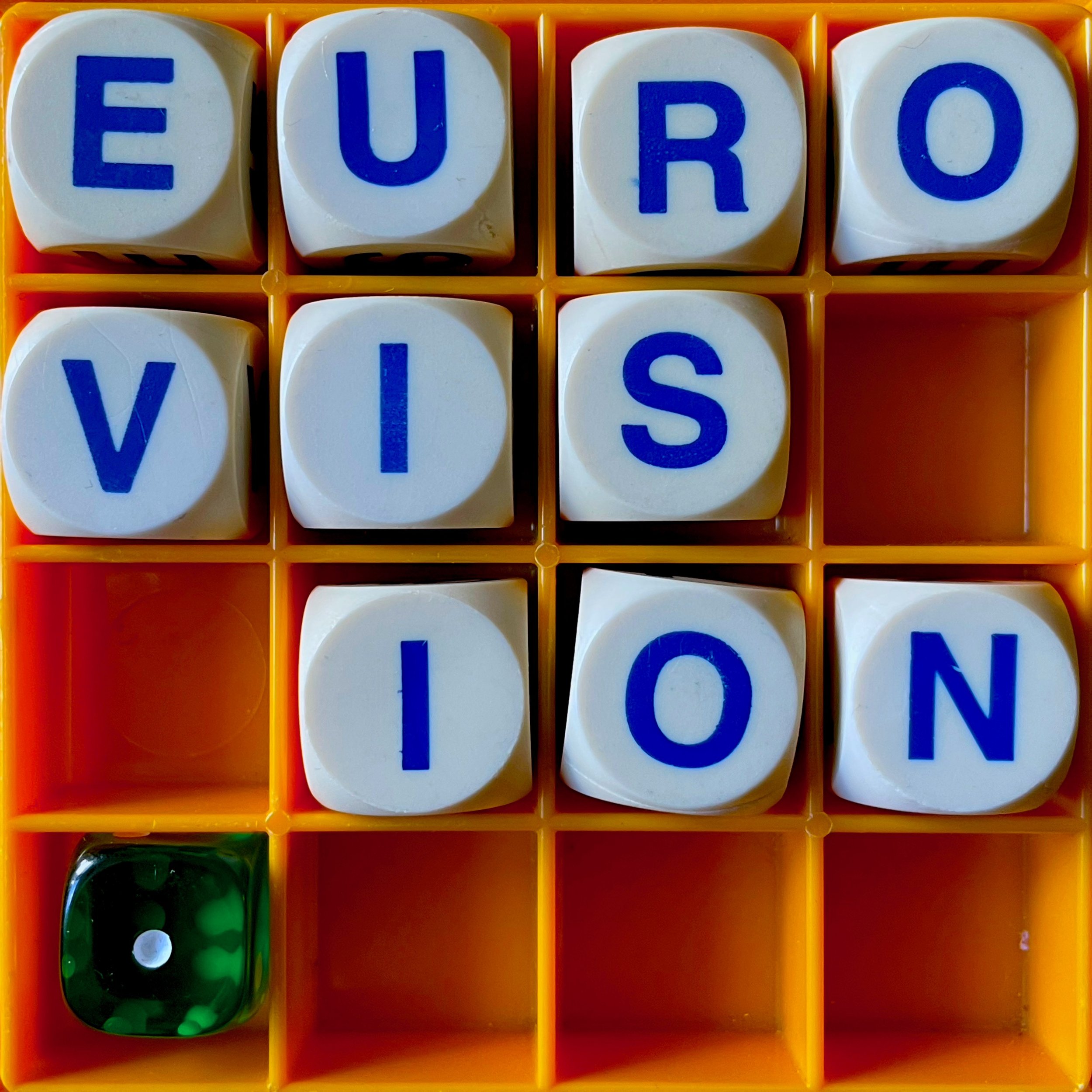MP3 • APPLE PODCASTS • RSS • STITCHER • GOOGLE • TRANSCRIPT
There aren't many multilingual, multinational television shows that have been running for nearly seven decades. But what makes the Eurovision Song Contest so special to me is not the music, or the dancing, or the costumes that range from spangletastic to tear-off: no, it's the people butting heads about language. Historian Dean Vuletic, author of Postwar Europe and the Eurovision Song Contest, recounts the many changes in Eurovision's language rules, and its language hopes and dreams.
This is the first of a two-part Eurovisionallusionist. In the next instalment: dictators. Protests. Boom Bang-A-Bang Ding-a-Dong Diggi-Loo Diggi-Ley.
EXTRA MATERIALS:
“Since 2018 (the year after Solvador Sobral won for Portugal with his Portuguese-language ballad), roughly one third of the songs sung on the Eurovision stage have featured a language other than English.”
2022 wass the first Eurovision to feature zero songs in French.
I am quite interested to read the book Performing the 'New' Europe: Identities, Feelings and Politics in the Eurovision Song Contest even just for the chapter the chapter entitled ‘‘It’s Just Not Funny Any More’: Terry Wogan, Melancholy Britain, and the Eurovision Song Contest’.
History of ‘Volare’ ‘Nel blu, dipinto di blu’.
How much ESC special effects will cost contestants this year - start saving up for your sparkular cyclones.
“Success in the Eurovision Song Contest has often come as countries move toward the liberal, inclusive, pluralistic, democratic ideals of Europe.”
List of first appearances of languages in the contest, year by year, or a map if you’d rather.
Languages used in Eurovision songs: an animated timeline.
We brought back my retired podcast Answer Me This for one last (maybe! TBD!) job: listen to all-new episode 401 at answermethispodcast.com/episode401 and on the pod apps. And I’m on an episode of Drunk Women Solving Crime, which is very fun despite me being a teetotal gender-unsubscribed non-detective.
Support the show at theallusionist.org/donate and as well as keeping this independent podcast going, you also get glimpses into how the podsausage is made, regular livestreams, AND membership of the delightful Allusioverse Discord community with whom I will be watching the Eurovision final next month.
YOUR RANDOMLY SELECTED WORD FROM THE DICTIONARY:
ruelle, noun: the space between a bed and the wall; a bed-chamber where aristocratic French women held receptions in the 17th and 18th century; a morning reception; in France, a narrow lane. [French, diminutive of ‘rue’, street.]
CREDITS:
Dean Vuletic is a historian and academic, and author of Postwar Europe and the Eurovision Song Contest, the world's first scholarly study on the history of the Eurovision Song Contest. Find his work, and links to his other media appearances, at DeanVuletic.com.
Thanks to Ewan Spence for information about the Eurovision Song Contest. His podcast and website cater to all your Eurovisional needs: ESCInsight.com.
This episode was produced by me, Helen Zaltzman. The original Allusionist music is by Martin Austwick. Download his songs at palebirdmusic.com and listen to his podcasts Song By Song and Neutrino Watch.
Find the Allusionist at youtube.com/allusionistshow, twitter.com/allusionistshow, facebook.com/allusionistshow, twitter.com/helenzaltzman and instagram.com/allusionistshow.


